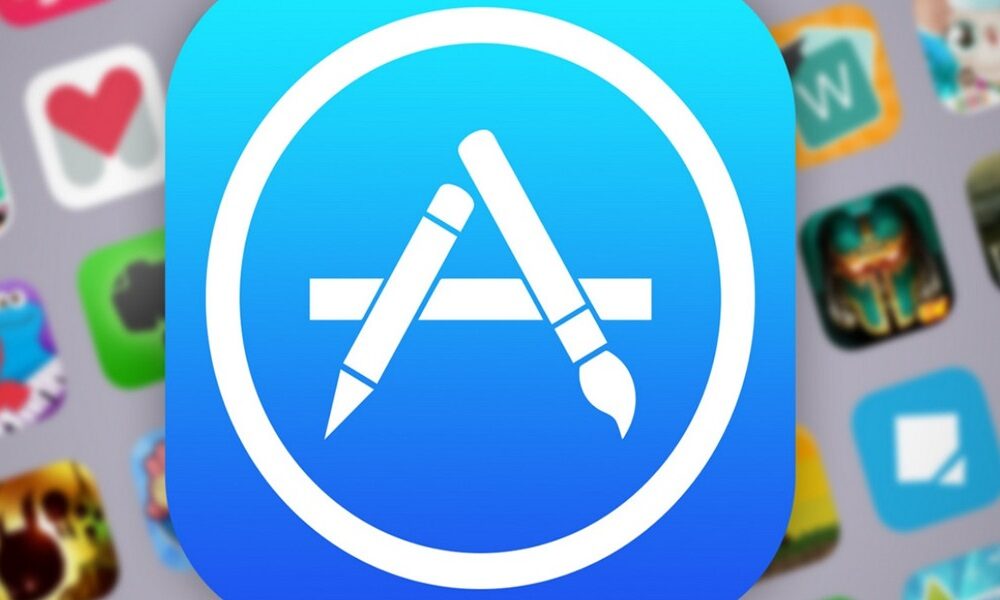
Apple has always boasted that iOS is a walled garden. For stability, for security, for providing a uniform and coherent experience… there are many reasons that we have been able to hear, over the years, with which those from Cupertino have justified the tight control they exercise over their portable devices and systems. operatives that govern them. And you can be in favor of it, against it, or understand that it has good and bad things, but what is unquestionable is that Apple has fought that point since day one and until now fiercely.
It seems, however, that the winds of change are coming. Regulators in many regions see this closed ecosystem as a potentially monopolistic measure and, consequently, work to establish new legal frameworks that force Apple to cede in this regard, allowing both alternative payment platforms to its own, as well as the presence of third-party app stores within iOS and its derivatives, a point in which Google already has a significant advantage, since Android has always allowed third-party stores and has been testing the integration of app systems for some time. third party payment.
Outside the doors, Apple continues to try to assert its arguments so that iOS retains the virtues that, according to the technology, it has thanks to these iron limitations. And that is totally understandable, of course, in the end the company is ensuring, at the same time, a model that is effectively safer for the user and their privacy, and also for their own economic interests, since making all purchase operations of apps and digital assets and services within them, represents a good pinch in their income.
New story: Apple is preparing to allow alternative app stores and side-loading on iOS — along with a slew of other changes to make the iPhone more open — in response to new European Union requirements arriving in 2024. https://t.co /hZpXrKdHGj
—Mark Gurman (@markgurman) December 13, 2022
However, the fact that his defense is so strong does not mean that the company will rule out any change in this regard. Quite the contrary, and given the directions in which the regulators are moving, in Cupertino they must be more than aware that this model’s days are numbered, and that sooner rather than later they will be forced to raise the barriers and allow the arrival of stores operated by third parties to iOS. And, of course, they will have to study the method so that this occurs in the least bloody way for their own interests.
And so as stated popular analyst Mark Gurman, Apple is preparing to allow alternative app stores and sideloading on iOS. This, along with other changes, would be the response to the legal framework that will come into force in Europe in 2024. It is expected, however, that Apple intends to impose certain conditions so that these new app stores can be deployed in its operating system, conditions which will surely have to do with both security and Apple’s participation in the charges made on them.
It does not seem, therefore, that the situation is going to be similar to what we already know in Android but, even so, it will mean a real revolution that, moreover, might not take too long to arrive, since some of Gurman’s sources They affirm that the plans are for this to be available from the very arrival of iOS 17, which will be presented at WWDC 2023 and will reach users sometime in September of next year.



